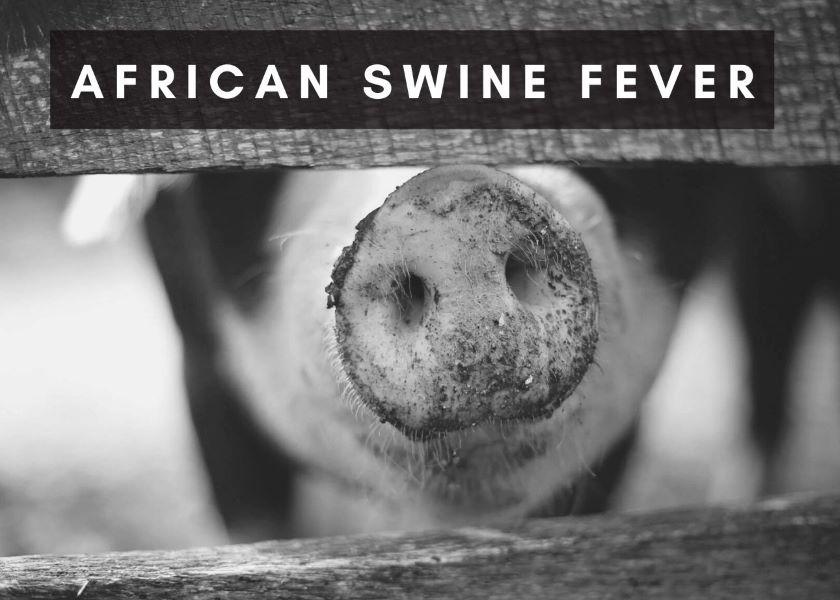Germany Reports African Swine Fever Case on Pig Farm

Another case of African swine fever (ASF) has been confirmed in farm pigs in east Germany, authorities said on Tuesday.
It was reported on a small farm with 11 animals in the eastern state of Brandenburg, the state's health ministry said. All 11 animals were slaughtered as a precaution, it said.
China and a series of other pork buyers banned imports of German pig meat in September 2020 after the first case was confirmed in wild animals.
Discoveries on farms will make it harder for Germany to get the export bans lifted, analysts say.
The disease is not dangerous to humans but is fatal for pigs. Many countries impose bans on pork from regions suffering from the disease, distorting world food trade.
Wild boar coming into Germany from Poland were believed to have spread the disease to Germany, especially in the eastern states of Brandenburg and Saxony.
Some 3,007 cases of ASF in wild boar in Brandenburg have now been confirmed, the Brandenburg health ministry said on Tuesday, adding that the source of the latest outbreak was being investigated.
The German government has been seeking to contain and eradicate ASF in the east partly by reducing the wild boar population. But the country’s large numbers of wild boar, which move over great distances, has made containment difficult.
In July 2022, a case was also found on a farm in the western region of Lower Saxony, which produces much of Germany’s pork, although a wider spread in the state has been contained.
(Reporting by Michael Hogan; editing by Jason Neely and Bernadette Baum)







